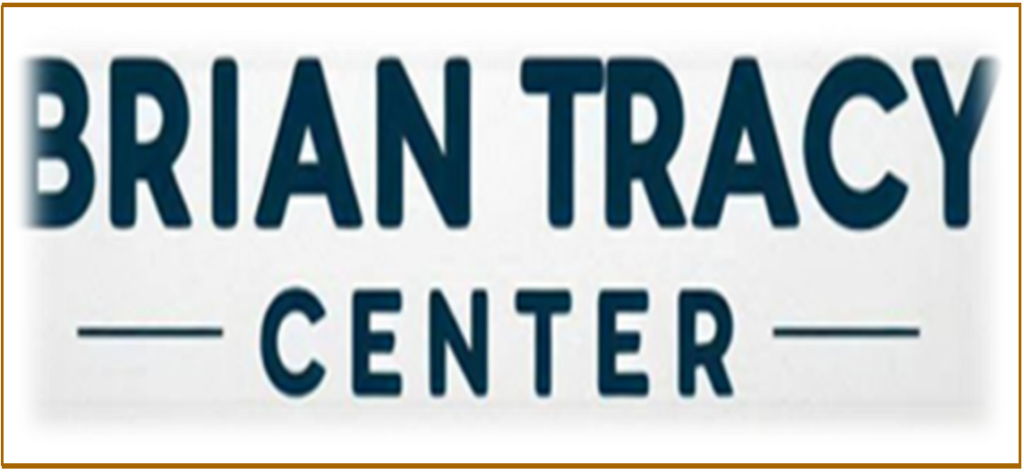Setting goals is a fundamental step towards personal and professional success, but the real magic happens in the execution. Achieving goals often feels daunting, especially when focusing solely on the end result. A more effective method involves adopting a process-based approach, which emphasizes the importance of daily actions and habits over fixating on the final destination.
What is a Process-Based Approach?
A process-based approach shifts the focus from the outcome to the systems and routines that lead to that outcome. Instead of fixating on the goal itself, this approach prioritizes the actionable steps and consistent behaviors necessary to achieve it. This method can transform the way you pursue your objectives, making the journey more manageable and less overwhelming.
The Benefits of a Process-Based Approach
1. Reduces Overwhelm
Breaking down goals into smaller, actionable steps makes the process less intimidating. Instead of facing the monumental task of achieving a long-term goal, you concentrate on manageable daily actions.
2. Enhances Focus and Clarity
A process-based approach helps clarify what needs to be done daily, weekly, and monthly. This structure ensures that each action aligns with your ultimate goal, keeping you focused and reducing the likelihood of distractions.
3. Builds Consistency and Discipline
Success is often a result of consistent effort over time. By emphasizing daily processes, you cultivate discipline and create habits that support your goals, making progress more sustainable.
4. Encourages Continuous Improvement
Focusing on processes allows for regular assessment and adjustment. If a particular strategy isn’t working, you can tweak your approach without losing sight of the overall goal.
5. Increases Motivation and Satisfaction
Celebrating small wins along the way boosts motivation. Each completed step provides a sense of accomplishment, making the journey towards your goal more enjoyable and fulfilling.
Implementing a Process-Based Approach
1. Define Your Goal Clearly
Begin by setting a clear and specific goal. Use the SMART criteria—Specific, Measurable, Achievable, Relevant, and Time-bound—to ensure your goal is well-defined and attainable.
2. Identify Key Processes
Determine the essential actions and behaviors needed to achieve your goal. Break these down into daily or weekly tasks. For example, if your goal is to write a book, your processes might include writing for 30 minutes every day, researching topics, and outlining chapters.
3. Create a Plan
Develop a detailed plan that outlines your processes. This plan should include a timeline, specific tasks, and milestones. Use tools like calendars, to-do lists, or project management software to keep track of your progress.
4. Establish Habits and Routines
Consistency is crucial in a process-based approach. Establish daily habits and routines that support your key processes. For instance, if physical fitness is your goal, integrate exercise into your daily schedule at a consistent time.
5. Monitor Progress and Adjust
Regularly review your progress and adjust your processes as needed. Track your performance using metrics relevant to your goal. If something isn’t working, be flexible and willing to change your approach.
6. Celebrate Milestones
Acknowledge and celebrate small victories along the way. Recognizing progress boosts morale and keeps you motivated to continue. Each milestone reached is a step closer to your ultimate goal.
7. Stay Committed
Commitment to the process is essential. There will be days when motivation wanes, but discipline and adherence to your established processes will keep you moving forward. Remember, consistency often trumps intensity.
Examples of Process-Based Approaches
1. Weight Loss
Goal: Lose 20 pounds in six months.
Process:
- Exercise for 30 minutes five times a week.
- Follow a balanced diet plan.
- Track daily caloric intake.
- Drink eight glasses of water daily.
2. Career Advancement
Goal: Get promoted to a managerial position within a year. Process:
- Take on additional responsibilities.
- Complete relevant professional development courses.
- Network with colleagues and industry professionals.
- Seek regular feedback from supervisors.
3. Learning a New Skill
Goal: Learn to play the guitar within a year. Process:
- Practice for 30 minutes every day.
- Take weekly guitar lessons.
- Learn one new song each month.
- Join a local music group or community.
Conclusion
A process-based approach to achieving your goals transforms the journey from daunting to manageable. By focusing on the daily actions and habits that lead to success, you build a sustainable path towards your objectives. This method not only reduces overwhelm and enhances focus but also fosters consistency, continuous improvement, and increased motivation. So, define your processes, commit to your routines, and celebrate your progress. Success isn’t just about reaching the destination; it’s about mastering the journey.
Francesca Oduoza- MBA, ACC, COC, CPQC is a leadership and business coach and Founder of Brian Tracy center. www.briantracycenter.ca.


